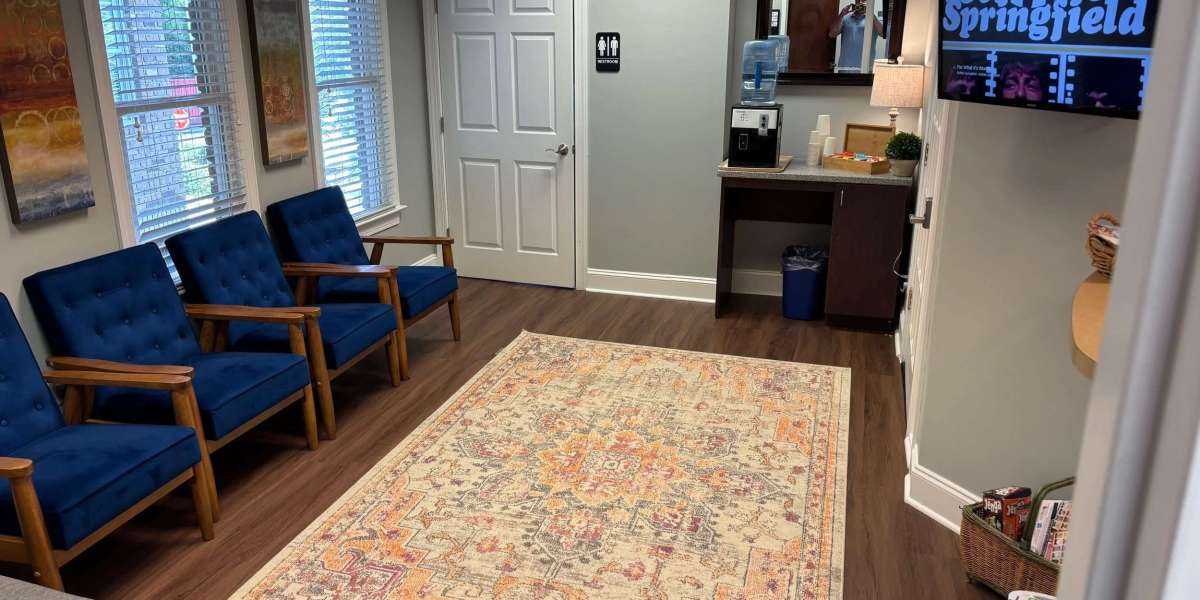Adolescence is a transformative period filled with growth, challenges, and self-discovery. For teens diagnosed with Attention Deficit Hyperactivity Disorder (ADHD), navigating this phase can be especially difficult. Symptoms such as impulsivity, difficulty concentrating, and emotional regulation struggles often affect academic performance, social interactions, and family relationships. Adolescent therapy can play a critical role in helping teens manage ADHD, develop coping strategies, and thrive both at home and school. Reframe Counseling Services PLLC in North Carolina offers professional counseling tailored to the unique needs of adolescents, providing compassionate support and practical tools to improve overall well-being.
Understanding ADHD in Teens
ADHD is a neurodevelopmental disorder that manifests differently in adolescents compared to children or adults. While some teens may primarily exhibit hyperactive behaviors, others may struggle more with inattentiveness or executive functioning challenges. Common signs include difficulty staying organized, forgetfulness, trouble following multi-step instructions, and challenges with time management.
Understanding ADHD in teens requires recognizing that these behaviors are not intentional or reflective of character. Teens often face internal frustration from feeling “different” or “behind” their peers, which can impact self-esteem and emotional health. Adolescent therapy provides a structured environment where teens can explore these feelings safely, gain insight into their condition, and learn that ADHD does not define their abilities or potential.
Behavioral Challenges and Symptoms
Adolescents with ADHD may encounter a range of behavioral challenges, which often extend into multiple areas of life. Academically, they may struggle with focus during class, completing homework, or meeting deadlines. Socially, impulsive decisions or difficulty interpreting social cues can lead to peer conflicts or feelings of isolation. Emotionally, ADHD can contribute to frustration, anxiety, and low self-confidence.
Some common symptoms observed in teens include:
- Inability to sustain attention on tasks
- Frequent daydreaming or distraction
- Impulsivity, such as interrupting or acting without thinking
- Emotional outbursts or difficulty managing frustration
- Disorganization and difficulty prioritizing tasks
- Restlessness or difficulty remaining seated
Recognizing these symptoms early and addressing them through therapy can reduce the long-term impact of ADHD on academic success and personal relationships. Adolescent therapy helps teens understand their behaviors, identify triggers, and develop healthier coping strategies.
Therapy Techniques for Focus and Self-Regulation
At Reframe Counseling Services PLLC, therapists use a variety of evidence-based techniques designed to help teens with ADHD improve focus, self-control, and emotional regulation. Cognitive-behavioral therapy (CBT) is one commonly used approach, which helps teens identify unhelpful thought patterns and replace them with constructive strategies. CBT can be particularly effective for managing impulsivity, reducing negative self-talk, and improving decision-making.
Other therapeutic techniques include:
- Mindfulness and relaxation exercises: Teaching teens to slow down, observe their thoughts, and respond thoughtfully rather than impulsively.
- Behavioral interventions: Reward systems and goal-setting strategies to reinforce positive behaviors and organization skills.
- Social skills training: Guidance on communication, conflict resolution, and building meaningful peer relationships.
- Executive functioning support: Practical tools for time management, planning, and breaking tasks into manageable steps.
Therapists may also incorporate teletherapy sessions for flexibility, allowing teens to access support from home when needed. These sessions ensure continuity of care while accommodating busy school schedules or transportation challenges.
Collaboration with Parents and Schools
Effective ADHD support goes beyond the therapy session. Collaboration with parents and schools is essential for creating a consistent environment that reinforces learning and positive behaviors. Adolescent therapy often includes family counseling sessions, where parents learn strategies to support their teen, set appropriate boundaries, and encourage independence without fostering frustration or tension.
Working with schools can also make a significant difference. Therapists can assist in developing individualized education plans (IEPs) or 504 plans, advocating for accommodations such as extended time on tests, a quiet workspace, or structured breaks. Open communication between therapists, parents, and educators ensures that teens receive a consistent support system, both academically and emotionally.
Positive Outcomes of ADHD Counseling
With consistent counseling and support, adolescents with ADHD can experience meaningful improvements in multiple areas of life. Positive outcomes often include:
- Enhanced focus and productivity in schoolwork
- Better emotional regulation and reduced frustration
- Improved social skills and stronger peer relationships
- Increased self-confidence and motivation
- Greater independence and responsibility in daily routines
These outcomes not only help teens succeed academically but also foster emotional resilience, preparing them for challenges beyond adolescence. Adolescent therapy empowers teens with tools they can carry into adulthood, building a foundation for long-term mental health and personal growth.
Conclusion
ADHD can present significant challenges for teens, but with professional support, guidance, and effective strategies, these challenges can be managed successfully. Counseling provides a safe space for adolescents to explore their thoughts and emotions, develop practical skills for focus and self-regulation, and strengthen relationships with family and peers. Through adolescent therapy at Reframe Counseling Services PLLC, teens gain the strategies and confidence needed to navigate life at home, school, and beyond, helping them achieve success and emotional well-being.



